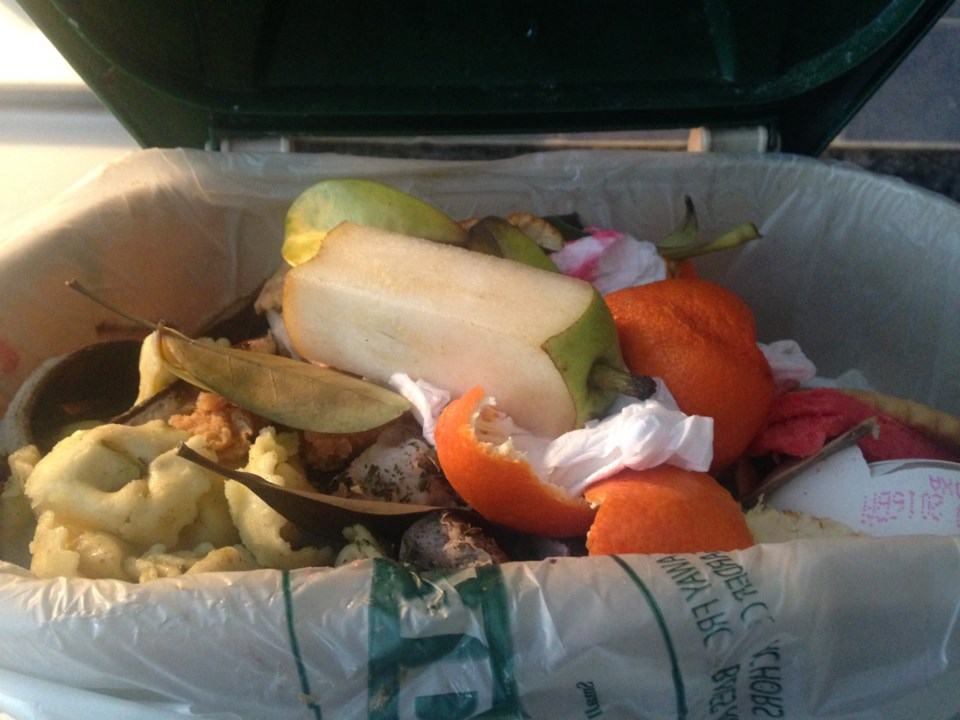A $600,000 budget deficit in the city’s Environmental Services department isn’t quite as bad as it appears, the city says.
A budget variance report heading to City Council projects the deficit in that department by year-end, with $360,000 of that being attributed to a contract the city has to process the Region of Waterloo’s organic waste.
But Peter Busatto, Guelph’s general manager of Environmental Services, said it's more of a budgeting issue and not a hit to city taxpayers.
The money to cover that $360,000 deficit is in city coffers, Busatto said, but in hindsight was not budgeted accordingly due to an unexpected rise in the amount of organic waste Waterloo collected this year.
Busatto said the budget will be adjusted accordingly for the remaining six years of the contract.
“We certainly didn’t anticipate a doubling in the amount of organic waste from them,” Busatto said. “We will make sure the budget is adjusted in the future.”
In 2013 the City of Guelph and Waterloo Region signed a 10-year agreement that sees Waterloo pay Guelph $2.5 million a year for Guelph to process up to 20,000 tonnes of Waterloo’s organic waste.
Waterloo chose to outsource its green waste rather than build its own composting facility.
For the first three years of the contract, Guelph processed roughly 10,000 tonnes of waste for Waterloo, but still collected the fixed $2.5 million fee that went into the city’s general revenues and reserves.
In this year’s budget, Guelph planned for similar tonnage from Waterloo.
When the Region of Waterloo suddenly started having much greater success with its green bin program, the tonnage increased almost 100 per cent this year, Busatto said, much more than what was budgeted for.
“They pay us for the service to process their organic waste, but the sudden increase wasn’t anticipated in this year’s department budget,” Busatto said.
Waterloo pays $2.5 million no matter how much Guelph processes, up to 20,000 tonnes.
“We get the full revenue regardless of the volume delivered,” Busatto said, it’s just that the full revenue doesn’t go to one specific department.
“It’s a case of the Region of Waterloo wanting to increase its capture rate and almost seeing a doubling of that tonnage."
Busatto said it’s a positive story in the sense that the revenue helps the city maintain and maximize its organic processing facility as well as showing that Waterloo is recycling more organics.
Environmental Services also took a $100,000 hit for repairs to equipment that suffered damage in a fire at the Waste Resource Facility last year.
